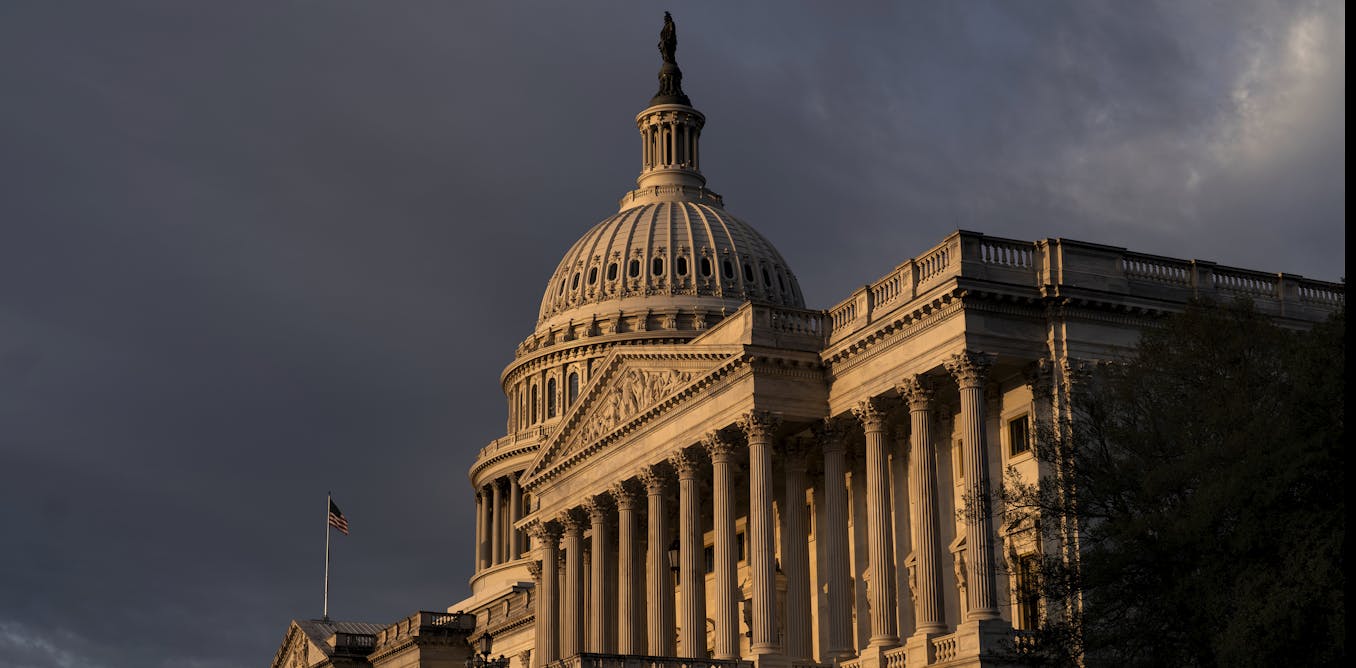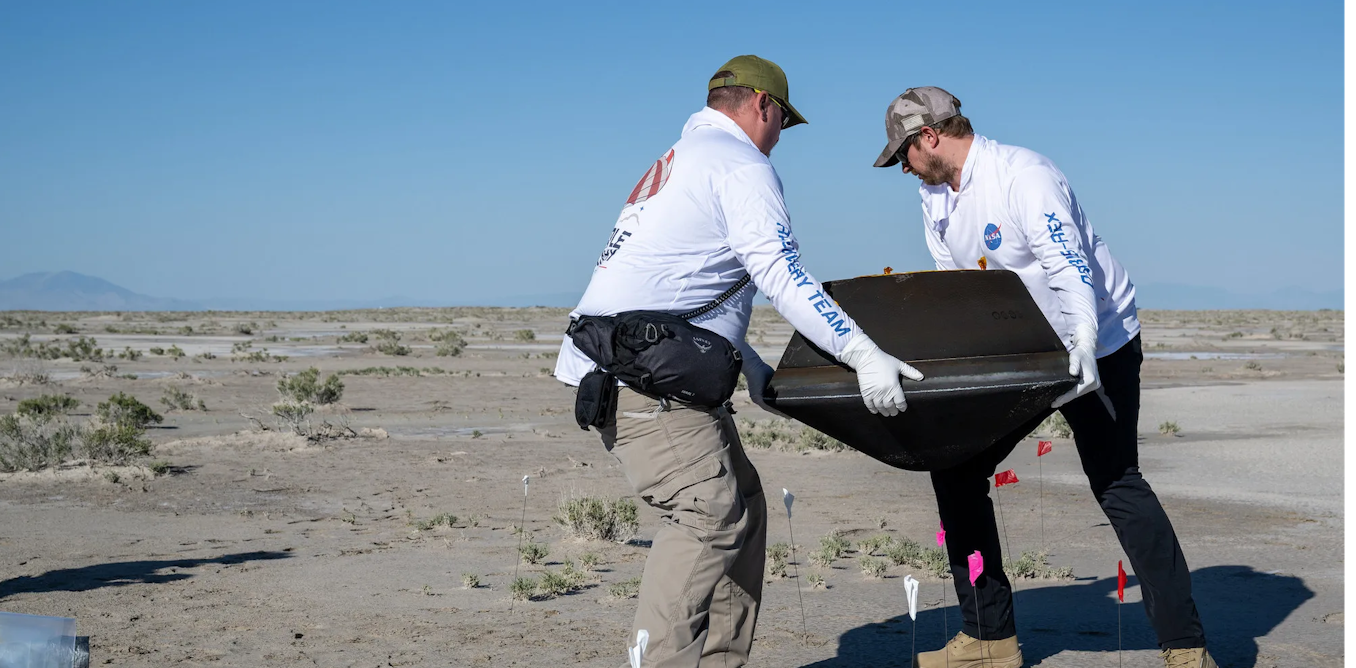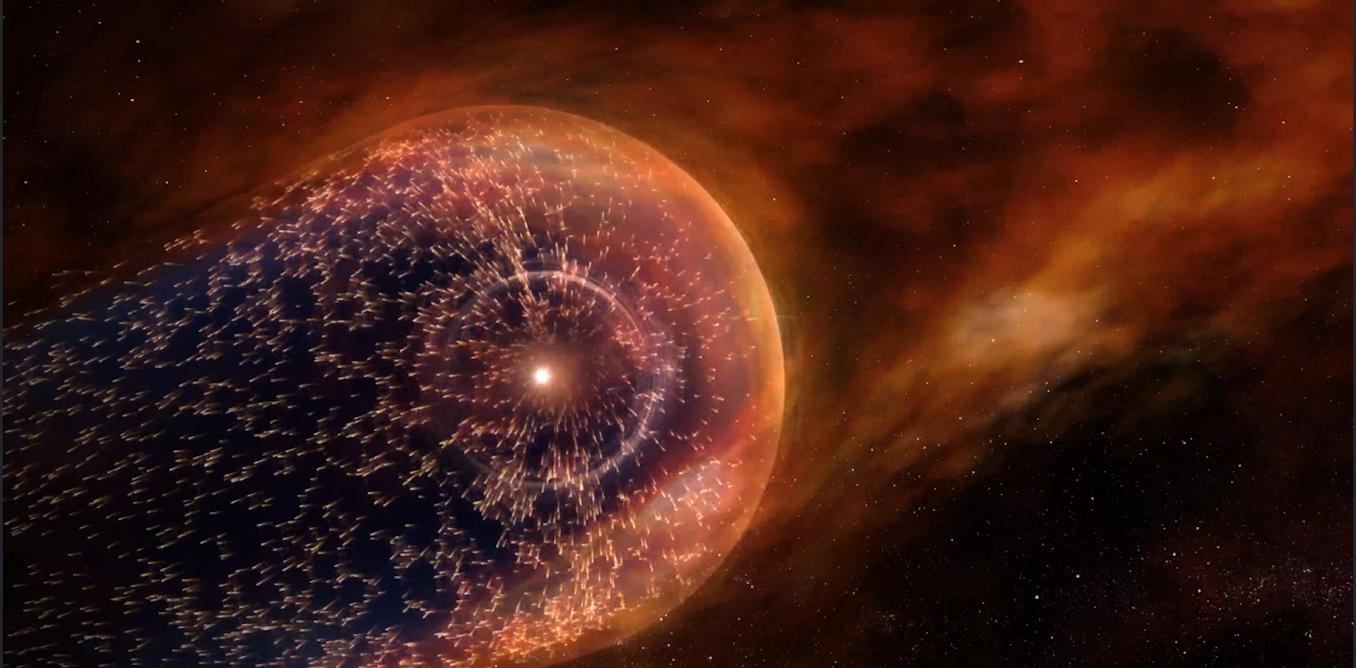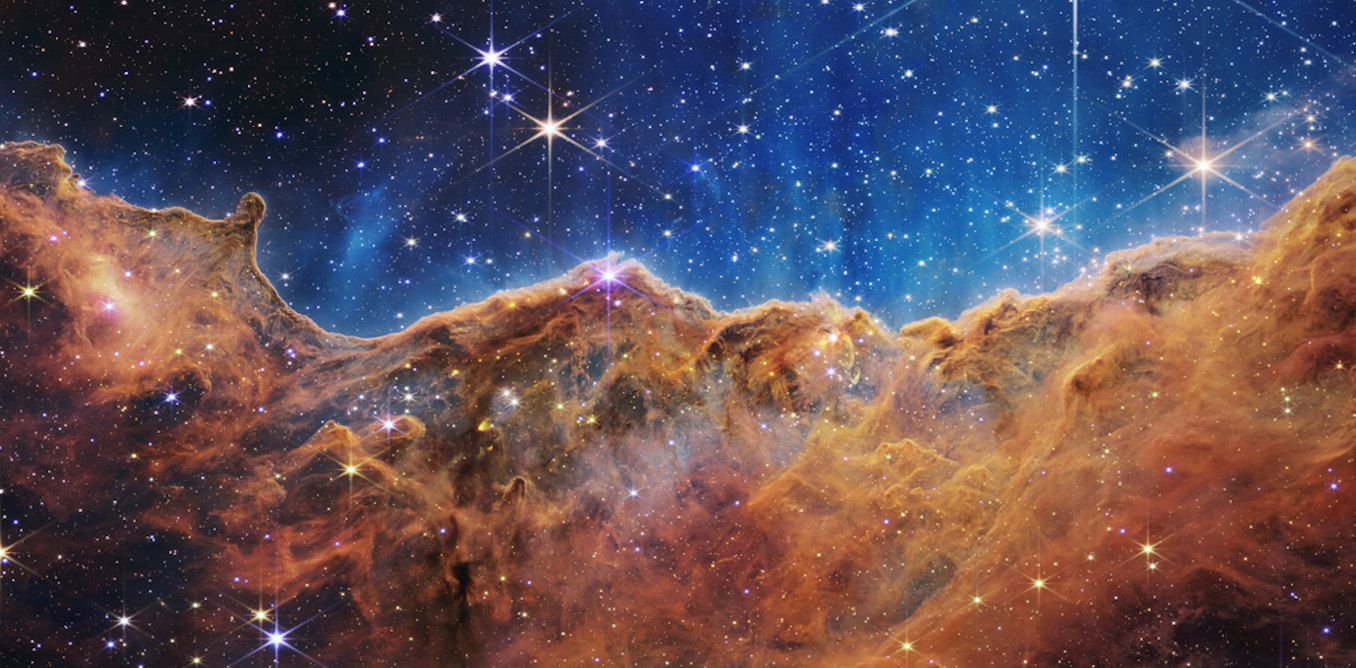The science behind splashdown − an aerospace engineer explains how NASA and SpaceX get spacecraft safely back on Earth
Safely landing a spacecraft that’s falling from the sky very quickly is easier said than done.
June 27, 2024 • ~8 min
The Hubble telescope has shifted into one-gyro mode after months of technical issues − an aerospace engineering expert explains
Hubble’s technical issues continue. But through some clever engineering, the telescope can continue operations with just 1 gyroscope.
June 17, 2024 • ~6 min
NASA’s asteroid sample mission gave scientists around the world the rare opportunity to study an artificial meteor
Scientists don’t often have the time to get all their equipment set up to study incoming meteors from space. Instead, they can study capsules from space missions as ‘artificial meteors.’
June 10, 2024 • ~9 min
Scientists call the region of space influenced by the Sun the heliosphere – but without an interstellar probe, they don’t know much about its shape
An interstellar probe could help scientists answer fundamental questions about how the Sun influences Earth, space and other planets in the solar system.
June 7, 2024 • ~9 min
The universe’s biggest explosions made some of the elements we are composed of. But there’s another mystery source out there
Analysis of two major cosmic blasts deepens the mystery of where the universe’s ‘heavy’ elements come from.
May 30, 2024 • ~6 min
The rush to return humans to the Moon and build lunar bases could threaten opportunities for astronomy
The best spots on the Moon for lunar bases are the same spots where scientists want to build telescopes − can these two interests coexist?
May 30, 2024 • ~7 min
US participation in space has benefits at home and abroad − reaping them all will require collaboration
You have the US space program to thank for some of the technology in your phone and laptop.
May 22, 2024 • ~7 min
/
24









